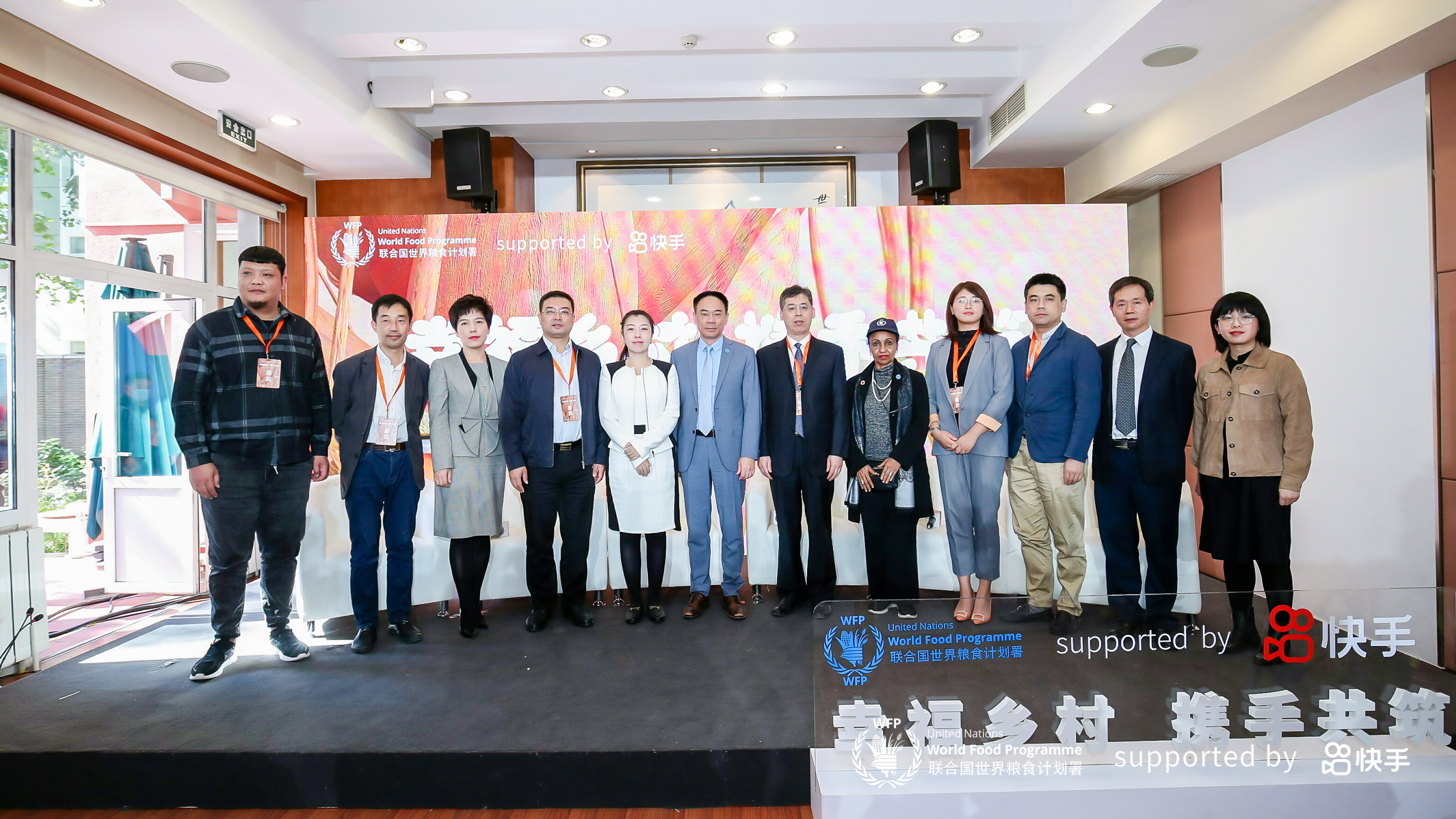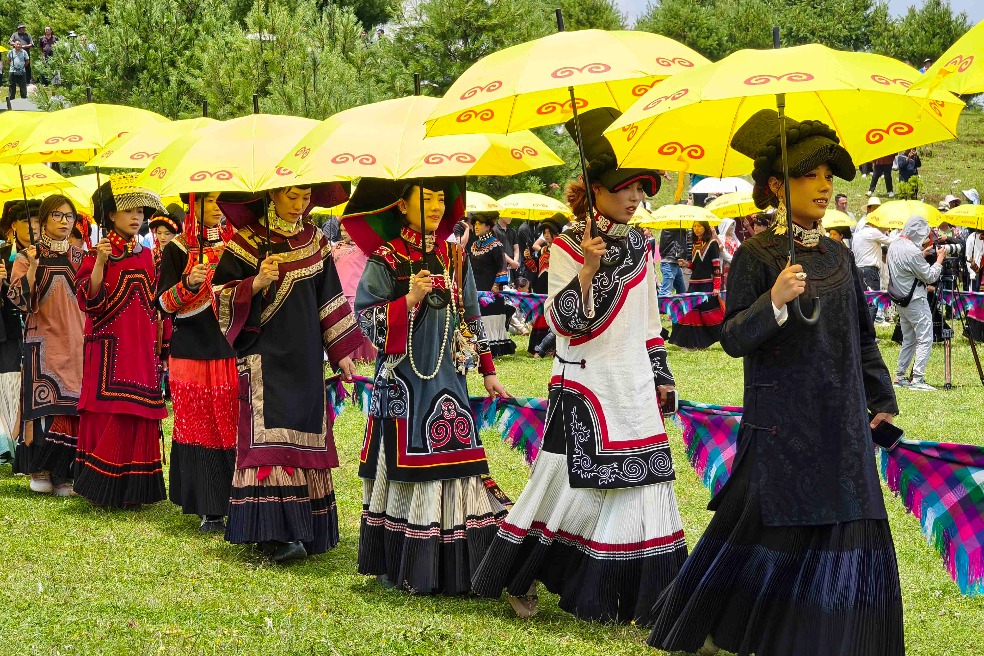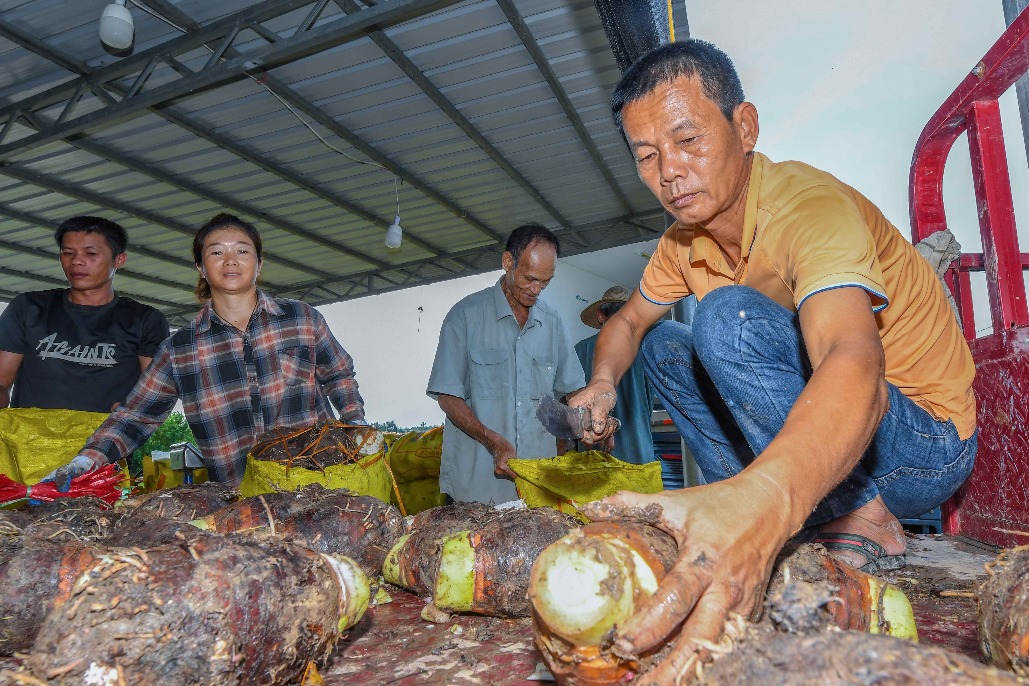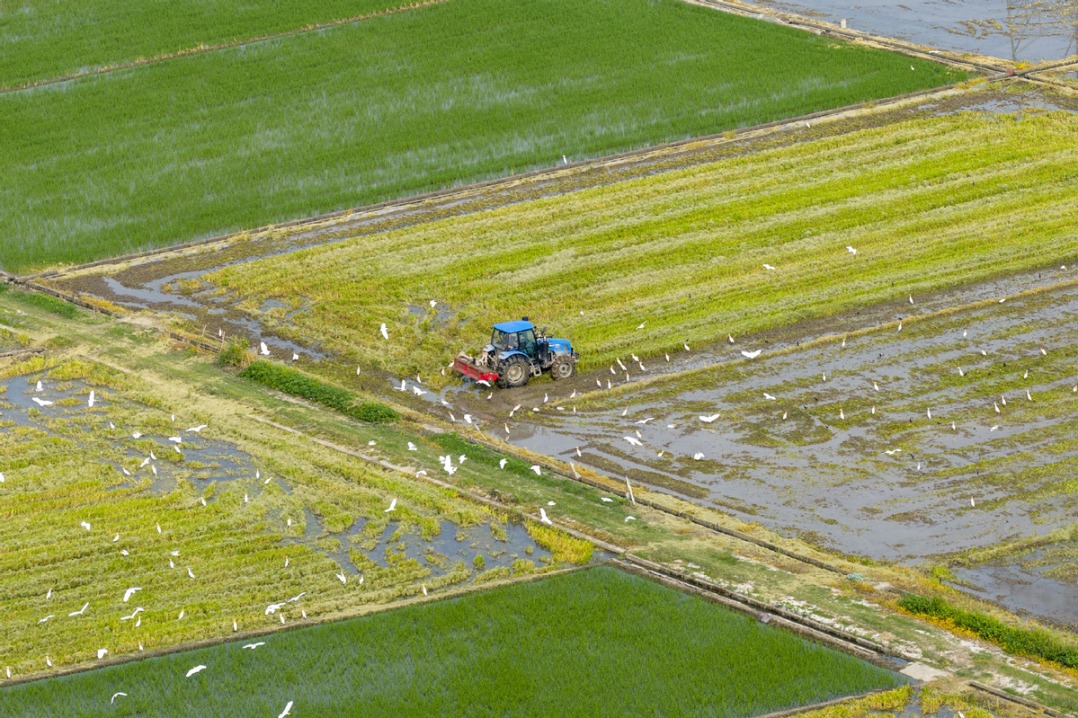WFP and Kuaishou join hand to combat hunger and alleviate poverty


Zhu Fujun used to work as a construction worker until he broke his ankle in 2017. He is an online celebrity clay sculptor with 3.9 million fans on the short-video app Kuaishou now.
On Kuaishou, Zhu posts videos starring animated clay figures reenacting scenes from classic TV shows or movies, making the traditional art form modern and popular across the country again. With a much larger customer base for clay figurines, he has even helped more than 100 sculptors in his village sell over 100,000 pieces of clay sculptures worth 1.2 million yuan by livestreaming on the app.
Zhu shared his story at an offline event last week where Kuaishou and the United Nations World Food Programme announced their strategic partnership. The partnership is a part of their joint effort to raise awareness of food security and alleviate poverty in China.
Kuaishou and the WFP plan to cooperate on projects in South-South cooperation, nutrition, smallholder development, and e-commerce poverty alleviation.
Following its announcement of the strategic partnership with WFP, Kuaishou has donated over 120,000 nutritious meals to WFP's nutrition program in Hunan province and the Guangxi Zhuang autonomous region which aims to improve the nutrition conditions of local preschool children.
"As a leading short-video and livestreaming platform with over 300 million daily active users, Kuaishou has a strong presence in China, especially in the rural areas. Kuaishou’s philosophy of equality and inclusiveness is aligned with the WFP’s mission and work in China," Qu Sixi, the representative of the World Food Program in China, said when talking about the partnership with Kuaishou.
Kuaishou's data suggested that there is an active Kuaishou user out of every four residents in poverty-stricken areas in China. Last year, over 25 million people earned income through the platform, among which over 6.5 million people were from national-level poor counties.
Zhu Fujun, the online celebrity sculptor, is just one of the users who have boosted their income by sharing and promoting their ideas and products on Kuaishou.
Tan Zhouhai, who came back from Guangdong to his hometown in Hunan province to take care of his grandfather, was struggling to find work to put bread and butter on the table when he decided to use his filming skills to become a Kuaishou vlogger.
Channeling his love for his family and local cuisines into his Kuaishou videos, Tan garnered more than a million followers and has channeled over 16,000 orders of farm produces and local snacks to many quarters of the country.
Zhang Zhenghe, professor of China Agricultural University, said that Kuaishou and other platforms providing e-commerce services can facilitate sales by connecting urban customers seeking fresh and quality produces and farmers looking to broaden a bigger market for their products, which helps the latter to bring in higher incomes.
Song Tingting, vice-president of Kuaishou, said the company will explore the possibilities of the model "livestream + poverty alleviation" to empower more residents from underprivileged regions to pursue a better life.
- Sichuan's ethnic festival attracts thousands of tourists
- SCO Digital Economy University Alliance launched
- Experience from a first-person perspective a sniper shooting from a boat
- Humble root crop becomes vital industry in Haikou village
- Sniper showdown on water: Realistic battlefield simulation
- Xizang's large-scale green project takes root





































